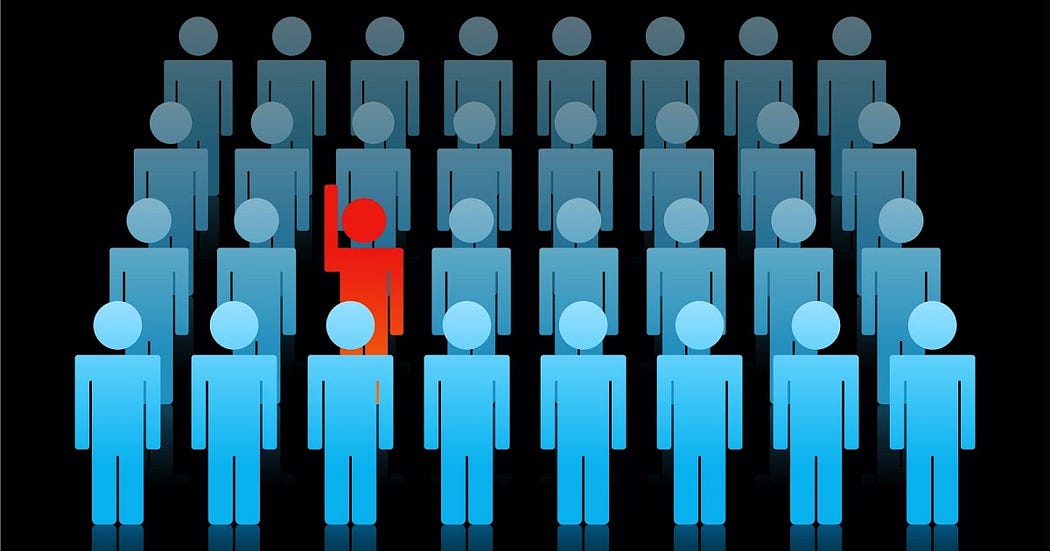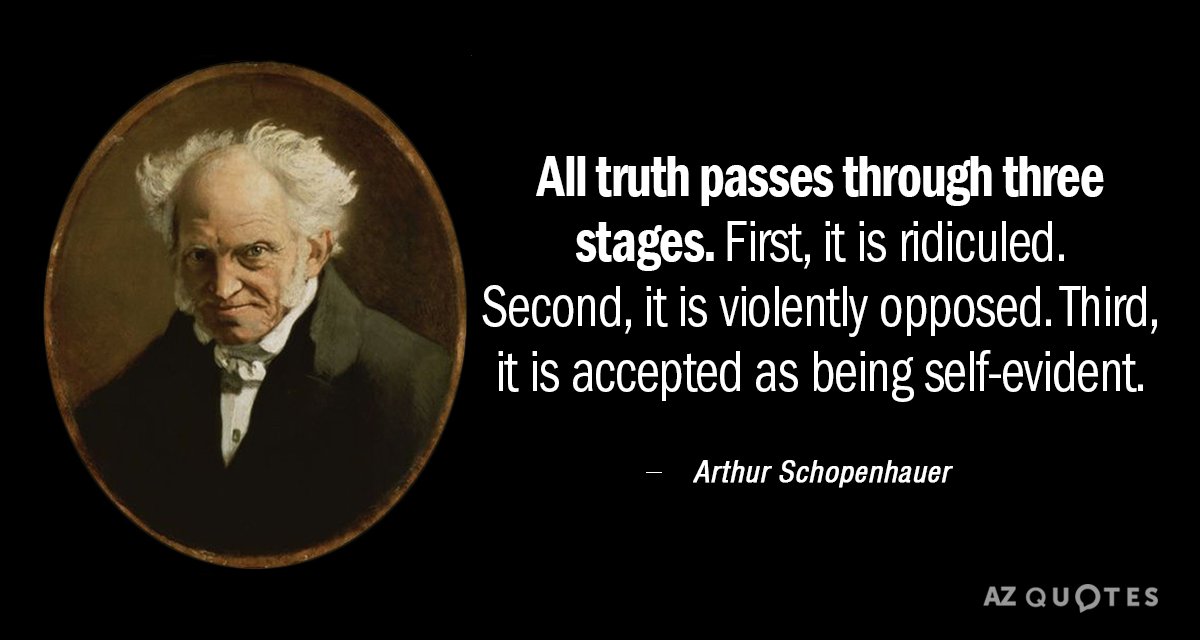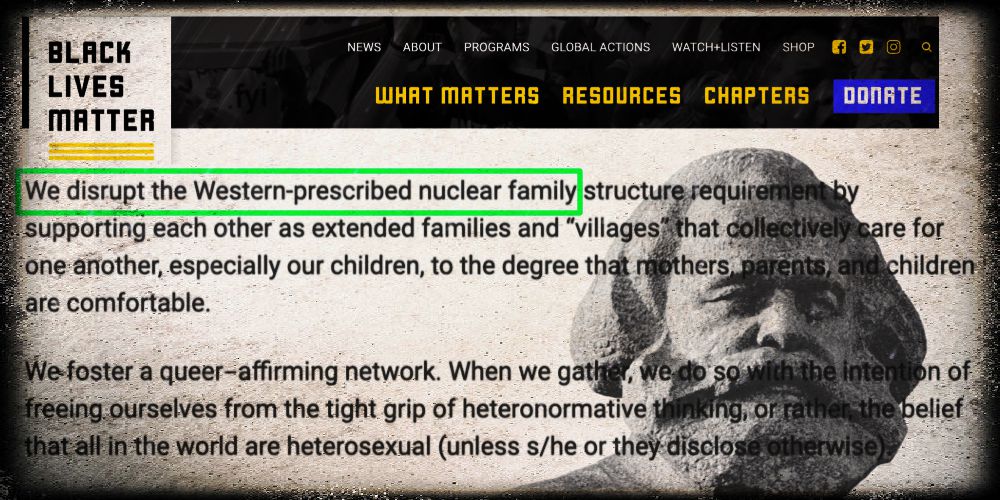tl;dr
- Aggressive-independents violate social norms. Historically, some social norm violations are now viewed as good. We won't know which current violations are good until years from now.
- It is important to distinguish between violations that are a by-product and violations that are intentionally cruel.
- Higher education no longer protects against norm violations; aggressive-independents need a new institution.
- Do aggressive-independents have a responsibility for how crazies use their arguments? (No)
- Should people avoid true statements that can be weaponized by hateful people against marginalized groups? (Mostly, no)
Cancel Controversy
The debate swirling around Cancel Culture comes down to one thing: there is no consensus on which social norm violations are beyond the pale. There is the outrage and then the outrage against the outrage; outrage that a social norm was violated, then outrage that one was not violated and a person was unfairly punished for it.
What's relatively new is that the pressure comes from ordinary people untethered to any institution. The pressure used to come from oppressive governments or religions. We built solutions to this through the protection of free speech via the U.S. constitution and tenured faculty. Today the pressure looks much different. Now it's angry Twitter mobs pressuring nervous business owners.
Cancel Culture defense usually sounds like this:
- Free speech doesn't mean freedom from consequences.
- Those in power have been allowed to say hateful things for far too long. Now they are finally being held accountable.
- Free speech is protection from the government, it doesn't say anything about a private business making a decision to fire a bigot.
I believe that a healthy society grants space for social norm violators. It's not always a bad thing. When Branch Rickey signed Jackie Robinson to the Brooklyn Dodgers, that was a norm violation against our segregated society. When Copernicus proposed the heliocentric model of the universe, that was a norm violation for the Catholic Church.
I don't know what next great paradigm shift will resort from a social norm violation. I just know that it will not be popular right away. It will violate a sacred social norm for many people.
But without some sense of security, we'll never see it if we don't allow some amount of space for what Paul Graham calls "aggressive-independents".
Sorting the Violators
How do we distinguish the "good trouble" violators from the trolls? I draw distinctions between people like James Damore and David Shor, and people like Stephen Crowder and Myles Leonard.
Are you violating a social norm out of selfish, hateful reasons? Or is it a byproduct of your pursuit of a greater good?
Colin Kaepernick was canceled because he violated a social norm by using the national anthem to call attention to a social cause, he wasn't looking to troll conservatives (however, his pig cop socks were trolling and he deserves any hate mail he gets for that). J.K. Rowling was making an argument about feminism, she wasn't engaging in facts-don't-care-about-your-feelings anti-trans trolling, à la Ben Shapiro.
So it's important to look at the intentions of the social norm violators. If they did not have support from their ingroup for this norm violation, would they still pursue it? Shapiro being dismissive of preferred pronouns gains him more followers, while Rowling is losing fans for her beliefs. She cares more about her cause than starting a culture war and should be granted admission into Free Speech Zones (trademark pending).
Remember, this is all about creating space for the next Jackie Robinson. If it feels wrong to defend Rowling's comments, history might look at you as a brave defender of the oppressed or it might look at you as a "passive-conventional" (more on this) trying to stop progress. The point is that we don't know which norm violations decades from now will be viewed the way we look at Jackie Robinson. So we have to allow for some things that make us uncomfortable.
Safe Spaces for Violators
The next question is how do we create space for good trouble social norm violators? Paul Graham described "aggressive independents" as the school children who question every rule. They are the smallest population in his aggressive/passive conventional/independent matrix. As such, they need protection.
"Why do the independent-minded need to be protected, though? Because they have all the new ideas. To be a successful scientist, for example, it's not enough just to be right. You have to be right when everyone else is wrong... it's no coincidence that societies prosper only to the extent that they have customs for keeping the conventional-minded at bay."
Aggressive-independents need a new institution where they can pursue their interests, academia is no longer that institution. People care less about free speech today because it is no longer in the crosshairs of government or the Vatican.
Therefore, academia has become less of a draw to aggressive independents. It is now a training ground for moral activists who pursue Justice rather than Truth. A by-product of their well-intentioned pursuit of Justice has been censoring speech.
There are popular arguments against free speech that is viewed as hate speech. Let's examine them.
Free Speech/Hate Speech
My personal rule for self-censorship is to check off at least 2 of: is it true? is it kind? is it necessary? The moral activists who punish norm violations have another addendum that is sort of a combination of kind and necessary: can this be weaponized by some hateful group to harm (even if only via words) marginalized groups?
David Shor was (probably) fired for linking to a study showing that violent protests hurt Democrats during elections. Even though it is true—and necessary if you want to elect people to enact police reform—it gives conservatives a talking point to criticize the George Floyd riots. After some outside pressure, Shor was fired.
The main critique of the infamous Tom Cotton op-ed had nothing to do with the merits of his argument, but simply that "this puts Black @NYTimes staff in danger." I like to take an argument, such as this, and ask if someone would make the argument if the role was reversed. A good example of this is Ismaaiyl Abdullah Brinsley, who executed two police officers. Brinsley wrote a social media post insinuating it was revenge for Michael Brown.
Is Black Lives Matter responsible for drawing the support of people of people like Brinsley, who wish to harm police officers? Do they deserve blame for rushing to judgment in the Michael Brown case, when all evidence points to justified self-defense on the part of the officer? Should their speech be restricted by societal pressure because it puts police officers' lives in danger?
Or what about the Iraq War? Is it right to publicly speculate that Bush is a liar and only invaded Iraq because he wanted the oil, knowing these sound bites can be picked up and used as recruitment for Al-Qaeda extremists who want to harm our soldiers?
I say no because I believe that groups like Black Lives Matter are in pursuit of a greater good. But because I take that stance, I have to apply it in all situations. That means supporting Tom Cotton's ability to write about the Insurrection Act in the New York Times.
Consequences and Accountability
Popular arguments upholding Cancel Culture usually feature something about "consequences" and "accountability." These are obviously important ideas and should be taken seriously, even if your interlocutor might be arguing in bad faith.
Once again, let's flip the scenario and see if it still holds up. The right-wing version of passive-conventionals are the law-and-order conservatives. They want a strong police force to ensure order. They want strong borders to stop illegal immigration. They want tough sentences and unhospitable prisons for lawbreakers.
And what about the mass incarceration of millions of citizens who break these laws, including a disproportionate number of African-Americans? Well, I guess they're just being held "accountable." No one said they are free from the consequences of breaking the law.
If you're like me, and you think our prison system is a stronger signal of unjust laws than rampant criminal activity, you'll agree that maybe this has gone too far and we need to rethink criminal justice.
There should still be consequences for breaking laws and social taboos, we just need to be mindful of proportion.
Harassment
Beyond physical violence, there is also an argument against speech that might draw online bullying and other threats. Consider this line in a post about Matt Yglesias:
"Matt Yglesias, who publicly cites polite pushback from a trans femme colleague as the Problem With Media Today — exposing the woman he named to massive harassment from Fox News and online TERFs alike..."
Despite the fact that this framing is 99 percent bullshit, let's go with it anyway. Should Yglesias refrain from publicly saying part of the reason he left Vox was because of "polite pushback" from a particular employee who happens to be trans, if this will bring the employee online harassment from anti-trans bullies?
I think it depends. But before I dive into nuance, let's talk about who is the victim of bullying.
Aggressive-independents are often white, male, highly educated, well off. But they are the victims of bullying and harassment as well. Aggressive-conventionals are the bullies, but they can come from the right and the left.
Scott Alexander's life was threatened because he violates social norms in his blog. David French violated a norm by being a Never Trump Republican, and his family has routinely been threatened. Jesse Singal violated a social norm by writing about trans desisistors and he receives constant bullying. White, male, cis, hetero privilege does not protect you from bullying and threats of violence.
I guess if you are going to violate social norms, as aggressive-independents do, or if you are going to punish norm violators, as aggressive-conventionals do, you are opening yourself to harassment. My rule is to keep the passive people out.
The passive-conventionals, whom Graham describes as the sheep who just don't want to cause trouble, should be able to cringe as their co-worker tells a racist joke without the expectation that they report them to the mob police. You should be able to opt-out of the culture war.
The passive-independents, whom Graham describes as the dreamers, should be forgiven for doing something like deadnaming Eliot Page, not knowing Page had transitioned. You should be forgiven for not being highly-tuned to sensitivity when you intend no harm.
To get back to my original question, aggressive-independents with a large following should be mindful of any bullying their words and actions might have if ... IF ... they come at the expense of passive-conventionals (rule followers) or passive-independents (daydreamers). Otherwise, fair game.
So the fact that Yglesias signed the Harper's letter, which through a weird chain of cause-and-effect might have led to someone else getting bullied (it didn't), is an insufficient reason for him not to take the stand that he did. (In the example I listed, the writer in question is framed as passive but she is actually a low-grade aggressive-conventional. Plus, she "exposed" herself, not Yglesias.)
(To be clear, no one should bully or harass a trans writer. No one should bully or harass anyone, in my opinion. I'm just saying the possibility of bullying is, in most cases, not a good enough reason for an aggressive-independent to resist violating a social norm.)
More often the victims of harassment are no-names, so again it becomes important to distinguish the motives of the social norm violater. Trump calling COVID-19 the "Chinese Wuhan Virus" or "Kung flu" is unnecessary trolling. If people want to cancel or harass someone who does that, I'm fine with it.
But someone prodding at whether or not it was created in the Wuhan lab is looking for answers to better understand how to respond to the current outbreak and prevent the next one. The people who are inspired to commit hate crimes against Asian-Americans listen to Trump, not people like Bret Weinstein. Bret is trying to solve problems, Trump is trying to create them. People like Bret get admission to the Free Speech Zone. Trump does not.
Bret might be wrong about the Wuhan lab. He might be wrong about most things. But he also might be a black box that's only right 1% of the time, but when it's right it's game-changing right, like when he discovered a huge oversight in lab testing on mice.
Conclusion
There needs to be a tradeoff where we allow a certain class of people in our society to break social norms, knowing that a certain portion of the population will be offended and some might even be exposed to bullying. We should pursue paths to protect both the innocent from bullying and the next Copernicus from being silenced.
This isn't about protecting bigots' right to bigot. It's about acknowledging that, while aggressive-conventionals aren't always historically wrong in enforcing social norms, when they've been wrong, they've been wrong big. We can't afford that.
I don't know what these Free Speech Zones should look like. I just think aggressive-independents should abandon academia. It's a lost cause. The need to build something new.




